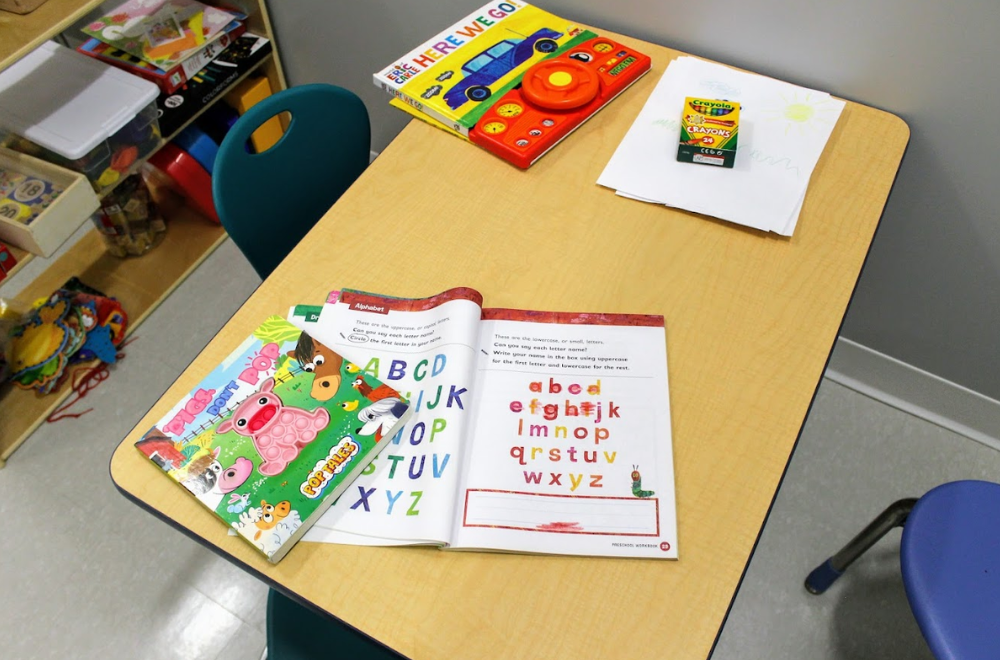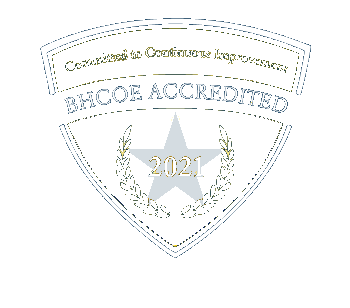
Transitioning from Applied Behavior Analysis (ABA) therapy to a school environment can be a significant milestone for children on the autism spectrum. Moving to school introduces new routines, social interactions, and environments, which may make it challenging for your child with autism. There are several strategies to support your child’s success in the school setting.
1. Plan and Communicate
- Coordinate with ABA Therapists and Educators: School educators should know about your child’s progress, strengths, and challenges. Scheduling a meeting between your child’s clinical team and teachers prior to the start of school can make the transition smoother by sharing strategies that have been effective in therapy sessions.
- Develop a Transition Plan: By connecting therapists and school staff, a plan that outlines specific goals, strategies, and timelines can be developed and timelines can be developed to successfully integrate your child with their school environment.
2. Prepare for Social Interactions
- Social Skills Practice: ABA therapy helps children develop social skills. Continuing to reinforce these skills at home may help your child adjust more smoothly to a school setting.
- Peer Buddies or Mentors: Arrange for a peer buddy or mentor at school that can provide additional support or facilitate opportunities for positive social interactions.
3. Build a Positive Relationship with School Staff
- Meet with Teachers and Support Staff: Schedule advanced meetings with your child’s teachers and other support staff. By allowing the staff to learn about your child’s strengths, interests, and challenges, they can better prepare for the start of school.
- Collaborate on Goals: Regular collaboration with school staff can help establish realistic goals for your child’s academic, behavioral, and social development. This will also ensure a consistency in approach between the school and home environment.
4. Celebrate Achievements and Encourage Independence
- Celebrate Milestones: Similarly to the ABA therapy approach, celebrate your child’s achievements, no matter how small. Positive reinforcement can boost your child’s confidence and motivation.
- Promote Independence: Encourage your child to develop independence in daily tasks and activities. Provide opportunities for your child to make their own choices or solve their own problems.
5. Stay Flexible and Patient
- Adjust Strategies: As your child progresses, adjust strategies based on their skills and needs. ABA strategies can easily be modified for the school environment.
- Practice Patience: Transitions from ABA therapy to school can be challenging for children with autism, so offer consistent support and encouragement throughout the adjustment period.
The Helping Hands Family clinical team incorporates school readiness into their autism treatment plans. HHF includes parent training in our autism services in Pennsylvania, NJ, CT, MD, and NY, which can develop strategies to enable a smooth transition for your child to the school setting. Our ABA therapists in Monroeville, PA, and throughout the northeast are here to help.
Transitioning from ABA therapy to school requires careful planning, collaboration, and ongoing support from parents, therapists, and school staff. By implementing these strategies and maintaining open communication, you can ensure a successful transition for your child as they embark on this new chapter in their educational journey.





